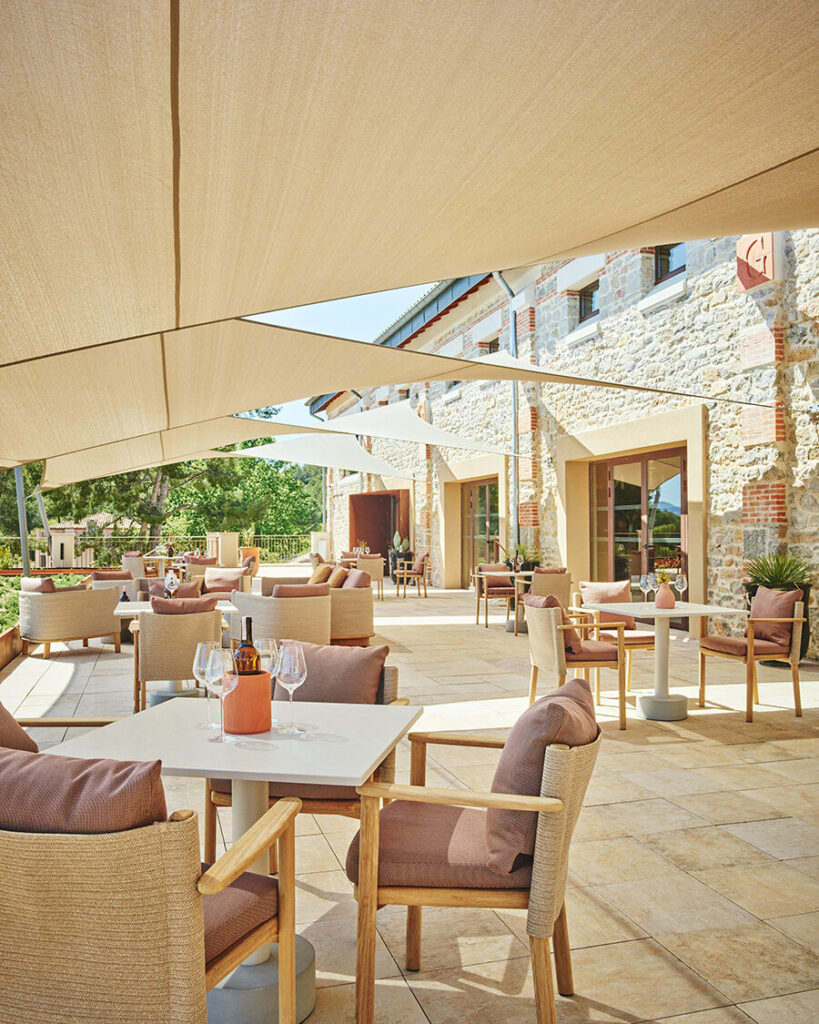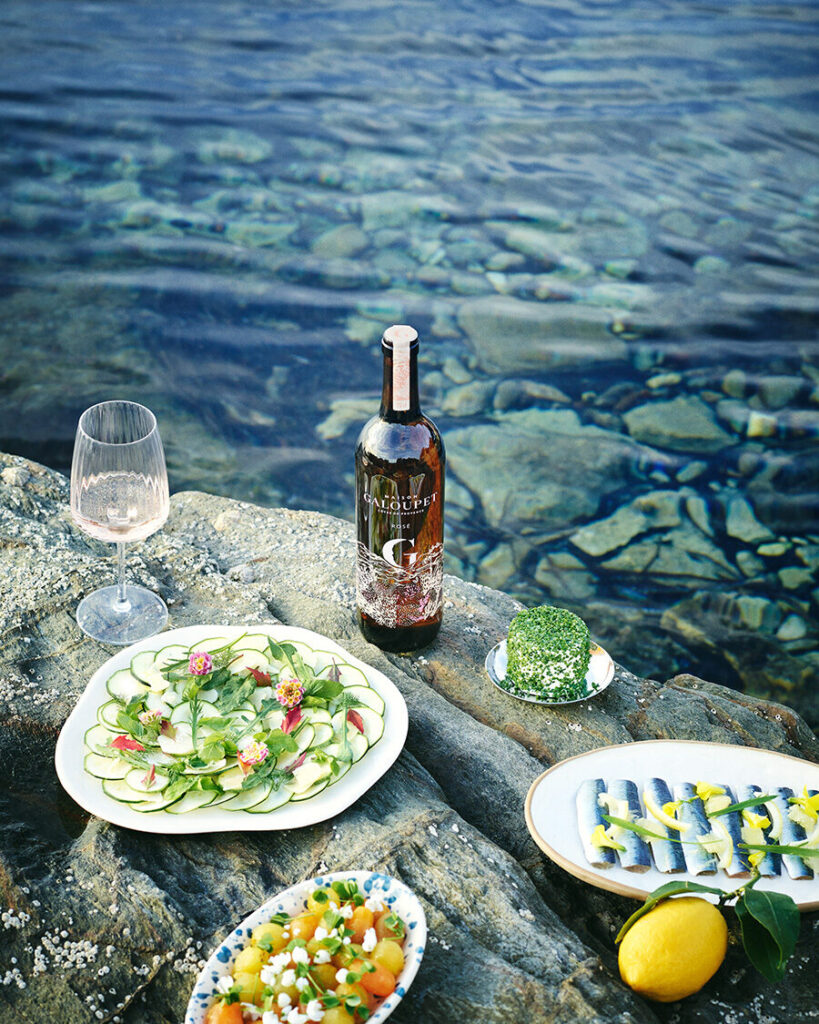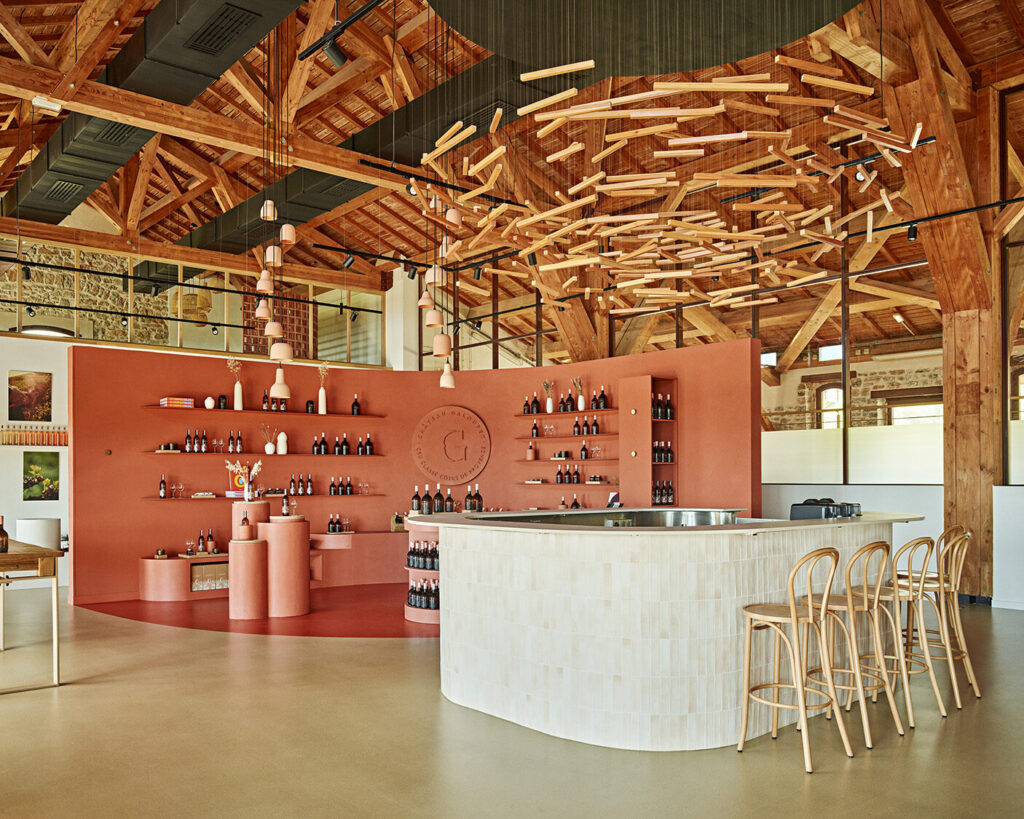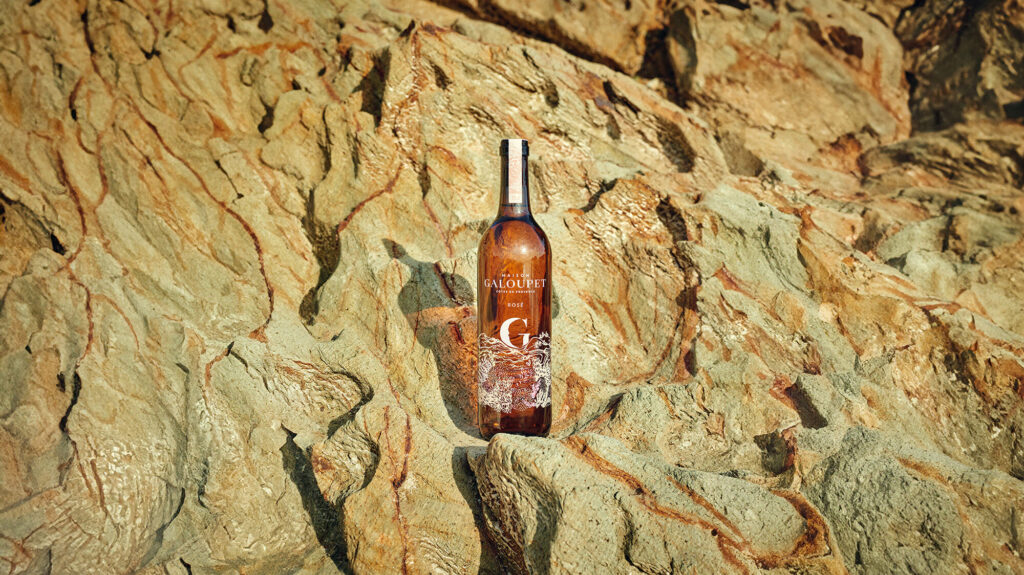Moët Hennessy’s Provençal jewel Château Galoupet invites the public to experience its new eco-conscious tasting destination
There’s a hush to the land at Château Galoupet, the kind that settles over centuries-old vineyards that have seen their share of sunlight and storm. But in July 2025, this hush gives way—gently—to invitation. The historic Cru Classé estate in Côtes-de-Provence, under the careful stewardship of Moët Hennessy, has opened a new chapter: a public-facing experience designed not just for sipping rosé, but for immersion. It’s less a visitor’s center than a kind of eco-temple to Provençal terroir, sustainability, and sensorial delight.
This is not your grandfather’s château tour. Nor is it a postcard version of Provence where lavender sachets sit beside souvenirs. At Galoupet, wine is treated as both cultural artifact and ecological act, and the visitor is expected to participate in that dialogue. “What we most strive for is creating a memorable experience for our visitors, nestled in the heart of nature,” said Nadine Fau, Managing Director of Château Galoupet. The new space welcomes individuals and groups for tastings, vineyard walks, and light seasonal fare, all unfolding against the Mediterranean’s rolling blue.




At the heart of this unveiling is G de Galoupet, the estate’s flagship organic rosé, which debuted with the 2024 harvest. It’s an elegant paradox: light-bodied but full of voice, crafted from plot-by-plot vinification that honors the nuanced personality of each parcel of land. It arrives in a groundbreaking bottle weighing just 300 grams, made from 85% recycled glass—a nod to the château’s obsessive sustainability ethos. The wine, like the estate, is at once refined and rugged, shaped by its salt-kissed, sun-struck environment.
Beyond its environmental gestures—ecological corridors, regenerative hydrology, native fauna restoration—Galoupet’s new space is a masterclass in considered design. Reuse, upcycling, and partnerships with local artists create a visual narrative that mirrors the vineyard’s values: nothing wasted, everything rooted. The interiors reflect a Provençal-modern synthesis that feels less curated than lived-in, with materials chosen not for gloss but for their ethical biographies.
This opening isn’t just about wine. It’s about a way of seeing and being, where rosé becomes a lens through which to examine biodiversity, design, and human impact. To visit is to be reminded that terroir is not just land—it’s land in relationship with time, intention, and taste.
Learn more or plan your visit via the official website.



